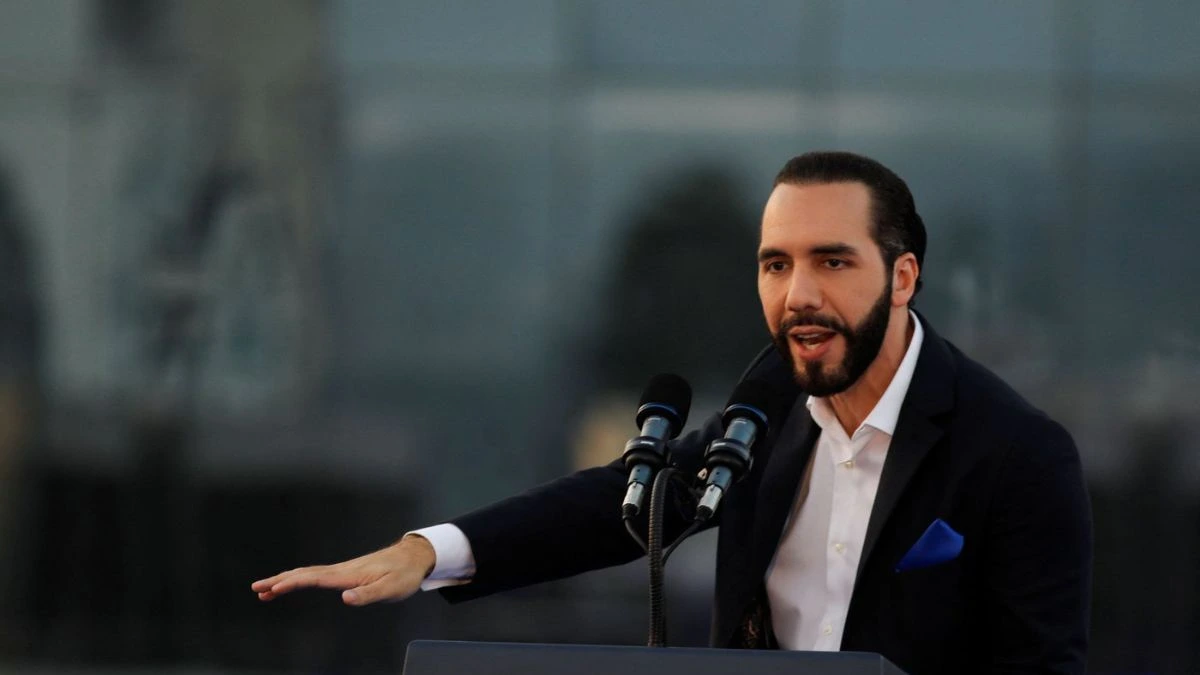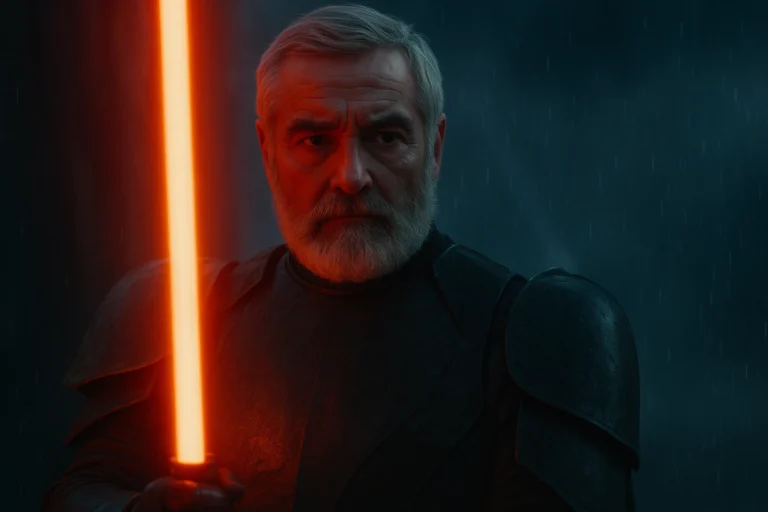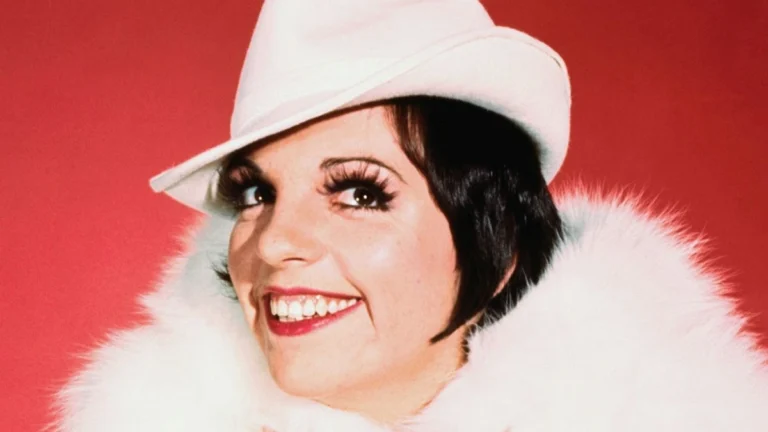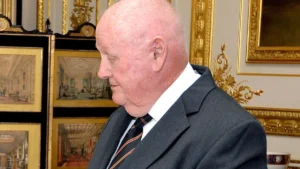Table of Contents
What Is Nayib Bukele’s Net Worth and Salary?
As of 2024, Nayib Bukele’s net worth is estimated at 5–5–10 million, primarily from his business ventures before entering politics. His presidential salary is $5,160 per month (officially disclosed), but he claims to donate it to social programs. Unlike many leaders, Bukele has not significantly increased his personal wealth while in office, though critics question his ties to cryptocurrency investments and undisclosed assets. His wealth remains modest compared to other world leaders, but his influence over El Salvador’s Bitcoin-driven economy raises scrutiny.
| Category | Richest Politicians › Presidents |
|---|---|
| Net Worth | $3 Million |
| Birthdate | Jul 24, 1981 (43 years old) |
| Birthplace | San Salvador, El Salvador |
| Gender | Male |
| Profession | President of El Salvador |
| Nationality | El Salvador |
Salary and Wealth Disclosure
Bukele’s government salary is publicly listed at $61,920 annually, which he says he redirects to charity. His net worth comes from his past businesses, including advertising agencies and marketing firms founded before politics. Unlike traditional politicians, he avoids luxury displays, but his administration’s Bitcoin investments (including personal holdings, if any) remain unclear. Transparency advocates demand fuller disclosure, especially as El Salvador adopts controversial financial policies under his leadership.
Nayib Bukele Early Life
Born on July 24, 1981, in San Salvador, Bukele grew up in a wealthy Palestinian-Salvadoran family. His father, a businessman, was linked to the Farabundo Martí National Liberation Front (FMLN) before renouncing leftist politics. Bukele studied law at Central American University but dropped out to pursue entrepreneurship, launching Obelisco Media, a marketing agency. His early career in advertising shaped his savvy use of social media, later key to his political rise.
Mayoral Career
Bukele first gained fame as mayor of Nuevo Cuscatlán (2012–2015) and later San Salvador (2015–2018), where he implemented urban renewal projects and crime reduction strategies. His pragmatic, anti-establishment style won popularity, but clashes with the FMLN (his former party) led to his expulsion. He then founded Nuevas Ideas, a populist movement that rejected traditional left-right divisions, setting the stage for his presidential bid.
Presidential Election
In 2019, Bukele won El Salvador’s presidency in a landslide (53% of votes), running as an outsider against the FMLN and ARENA parties. His campaign promised anti-corruption reforms, gang crackdowns, and tech-driven governance. Critics called him authoritarian, but his charisma and social media mastery (especially on Twitter/X) mobilized youth voters. His victory marked the first time in decades that neither of El Salvador’s two dominant parties held power.
President of El Salvador
Since taking office, Bukele has pursued hardline policies, including mass arrests of gang members (lowering homicide rates) and adopting Bitcoin as legal tender—a globally debated move. While praised for reducing violence, he faces accusations of democratic backsliding, including stacking courts and ignoring term limits. Economically, his Bitcoin gamble has drawn skepticism, but his 90% approval rating suggests strong domestic support despite international criticism.
Bitcoin
In 2021, Bukele made El Salvador the first country to adopt Bitcoin as legal currency, purchasing millions in BTC (now largely underwater). His government built Bitcoin City, a tax-free crypto hub powered by geothermal energy, though progress remains slow. While libertarians applaud the experiment, economists warn of risks for El Salvador’s debt-ridden economy. Bukele’s personal stake in crypto, if any, is undisclosed, fueling speculation.
Political Views
Bukele rejects traditional ideology, blending populism, tech optimism, and authoritarian tendencies. He calls himself the “world’s coolest dictator” (ironically), emphasizing security and disruption of old elites. His policies mix free-market reforms (like Bitcoin) with heavy state intervention (gang crackdowns).
Critics compare him to strongmen like Duterte, while supporters argue he’s pragmatically tackling corruption and violence.
Personal Life
Bukele married Gabriela Rodríguez, a psychologist, in 2014, with whom he has two children. He’s known for his casual style (leather jackets, baseball caps) and Twitter dominance, where he announces policies directly. Despite his power, he avoids ostentatious wealth, though his family’s business ties occasionally draw scrutiny. His health briefly made headlines in 2023 after emergency surgery, but he remains politically dominant.
Read More About:
11 Scary Deep Sea Creatures That Look Like Aliens








